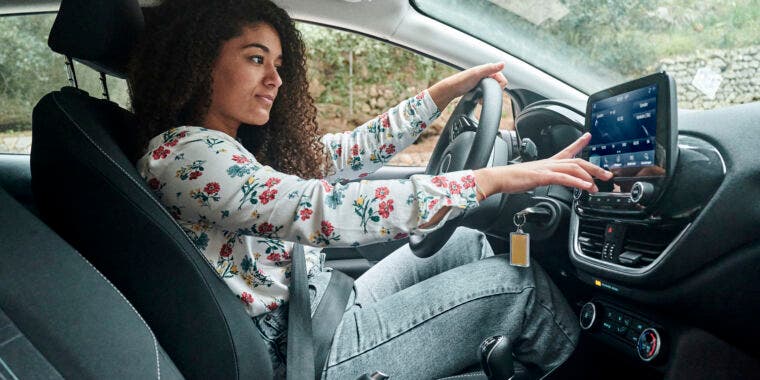AM radio law opposed by tech and auto industries is close to passing | Ars Technica
A controversial bill that would require all new cars to be fitted with AM radios looks set to become a law in the near future. Yesterday, Senator Edward Markey (D-Mass) revealed that the “AM Radio for Every Vehicle Act” now has the support of 60 US Senators, as well as 246 co-sponsors in the House of Representatives, making its passage an almost sure thing. Should that happen, the National Highway Traffic Safety Administration would be required to ensure that all new cars sold in the US had AM radios at no extra cost.

















Add comment